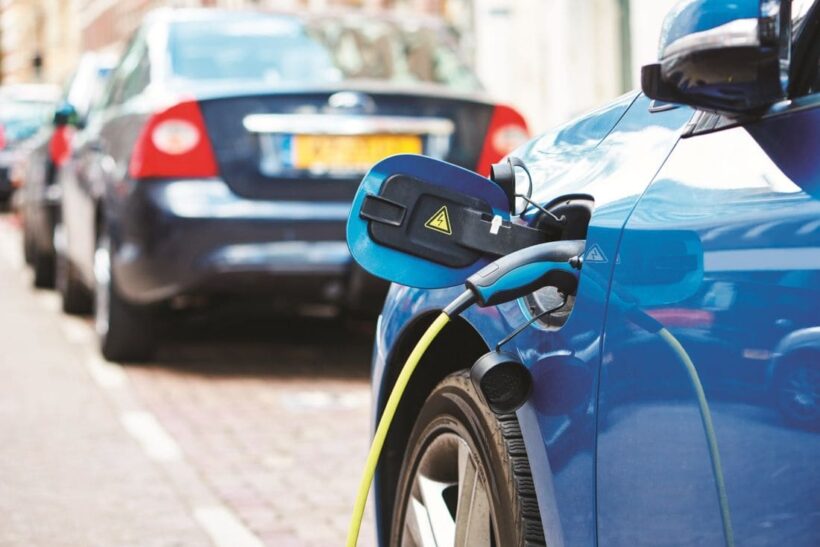Electric vehicles on the rise but the take up is slow in Thailand

“Two trends will develop in Southeast Asia. The first is new operators of EV taxi fleets such as cars and motorcycles, and the second is electric buses for public transport.”
Justin Wu, head of Asia-Pacific for Bloomberg New Energy Finance (BNEF) says the electric vehicles (EVs) remain expensive and unaffordable for individual buyers in Thailand and ASEAN.
Mr. Wu says countries in South East Asia have sales of roughly 12 million motorbikes annually, led by Indonesia, Vietnam, Thailand, The Philippines and Malaysia. BNEF forecasts prices of EVs, such as cars, motorcycles and commercial vehicles, will remain unaffordable for individual buyers in South East Asia, including Thailand.
The global electric-vehicle fleet reached 5 million last year, according to BNEF, supported by 632,000 public charging outlets around the world. Under a scenario where EVs hit 30 percent market share by 2030, the International Energy Agency projects a need for somewhere between 14 million and 30 million public chargers deployed globally to serve regular passenger vehicles.
“Countries in this region (SE Asia) are emerging markets and each should start with adoption of electric two-wheelers, three-wheelers and public transport vehicles. China has yet to develop fully, but prices for battery EVs there are very cheap for motorists.”
For Thailand, BNEF expects two-wheelers to lead the EV market going forward, as electric motorbikes have the most registrations for EVs at the Land Transport Department.
“Once each Asean country can adopt EVs for public transport and spread charging stations across the country, the cost of EVs will drop with the start of local manufacturing.”
SOURCE: Bloomberg
Latest Thailand News
Follow The Thaiger on Google News:


























